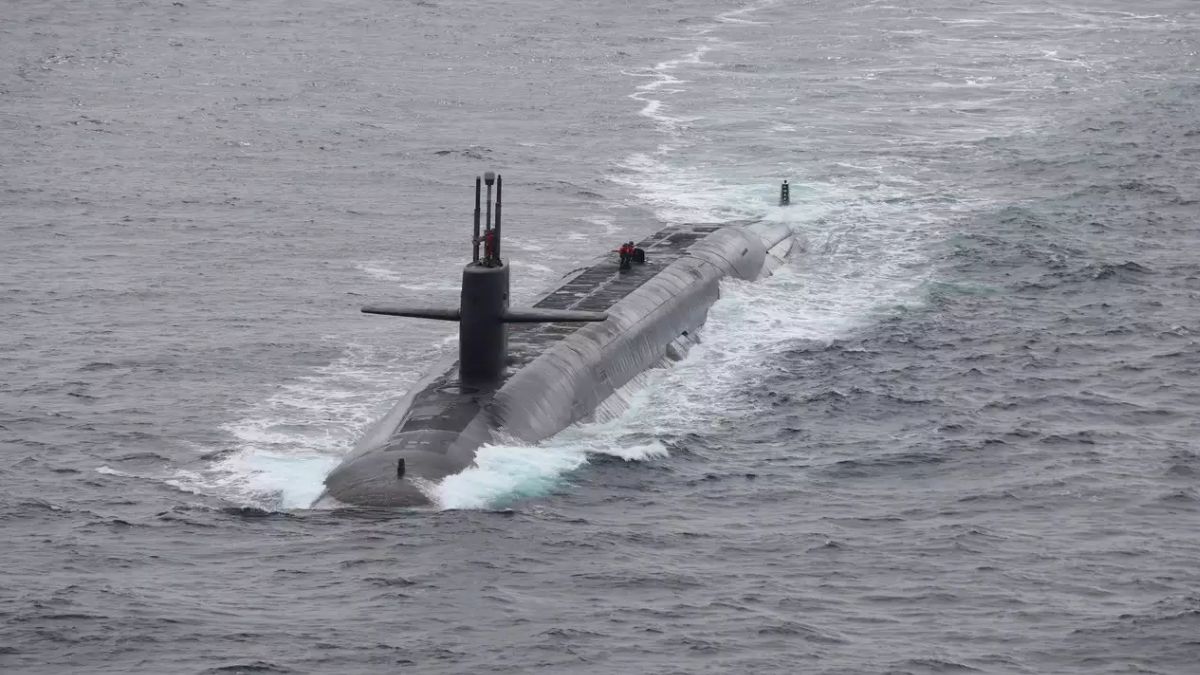The U.S. and U.K. have significantly increased their military presence in the Middle East as tensions in the region continue to rise, particularly in light of Israel’s ongoing war in Gaza. On Sunday, U.S. Defense Secretary Lloyd Austin ordered the deployment of a guided missile submarine to the region, while also instructing the USS Abraham Lincoln aircraft carrier strike group to expedite its arrival. This move is part of a broader strategy to project power and deter potential escalations by Iran, following the assassination of Hamas political leader Ismail Haniyeh in Tehran and a senior Hezbollah member in Beirut.
Pentagon Press Secretary Maj. Gen. Pat Ryder indicated that Austin had communicated with Israeli Defense Minister Yoav Gallant, reaffirming America’s commitment to defend Israel and highlighting the strengthening of U.S. military capabilities throughout the Middle East in response to the escalating situation.
The USS Abraham Lincoln, which had been operating in the Asia Pacific region, was already en route to replace the USS Theodore Roosevelt, which was scheduled to return home. However, Austin’s latest orders suggest an even quicker deployment to the region, though specific timelines remain unclear.
Additionally, the U.K. has bolstered its military presence by docking several amphibious assault ships on the Mediterranean island of Cyprus. Local media reported that the density of foreign military forces in Cyprus has increased, with more than 1,000 commandos kept on standby at the U.K.’s Akrotiri base. The arrival of British vessels follows the docking of the USS Wasp, a U.S. Navy amphibious assault ship, at Limassol Port on Friday. The buildup has drawn criticism from local media and opposition parties, particularly in light of Israel’s war on Gaza, which has resulted in nearly 40,000 Palestinian deaths, mostly women and children.
The military buildup in the region underscores the growing concern among Western nations about the potential for further escalation, especially as tensions with Iran and Hezbollah remain high. The international community is monitoring these events closely, with concerns growing about the potential for a wider conflict.

